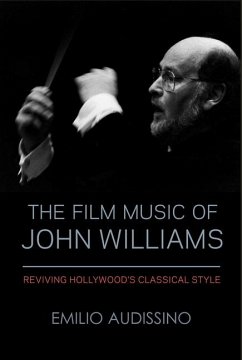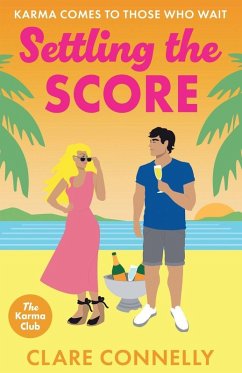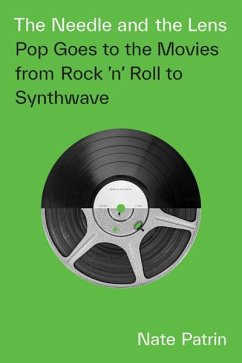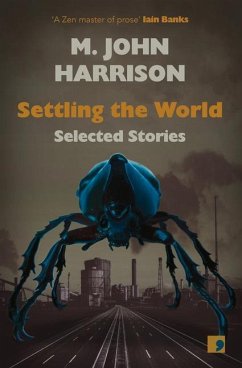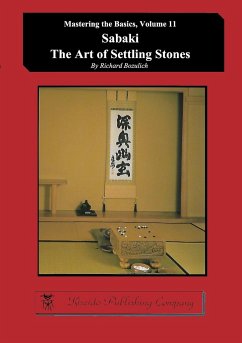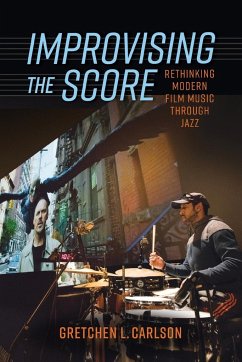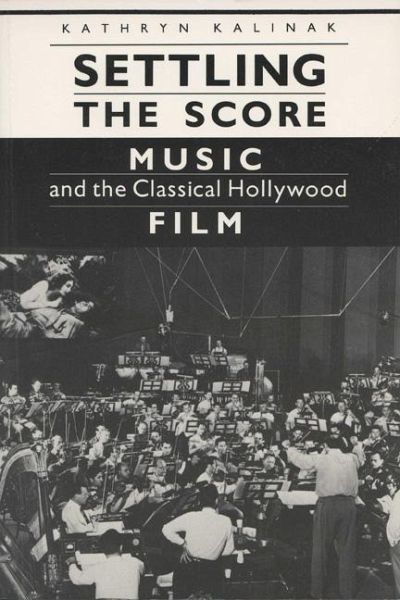
Settling the Score
Music and the Classical Hollywood Film
Versandkostenfrei!
Versandfertig in über 4 Wochen
30,99 €
inkl. MwSt.

PAYBACK Punkte
15 °P sammeln!
Beginning with the earliest experiments in musical accompaniment carried out in the Edison Laboratories, Kathryn Kalinak uses archival material to outline the history of American music and film. Focusing on the scores of several key composers of the sound era, including Erich Wolfgang Korngold's" Captain Blood," Max Steiner's "The Informer," Bernard Herrmann's "The Magnificent Ambersons," and David Raksin's "Laura," Kalinak concludes that classical scoring conventions were designed to ensure the dominance of narrative exposition. Her analyses of contemporary work such as John Williams' "The Empire Strikes Back" and Basil Poledouris' "RoboCop" demonstrate how the traditions of the classical era continue to influence scoring practices today.
Situates the classical Hollywood film score and its practice in historical, theoretical and musical context, examining the conventions and strategies underpinning film scoring in Hollywood, and investigating the influential and powerful relationship between music and film.



